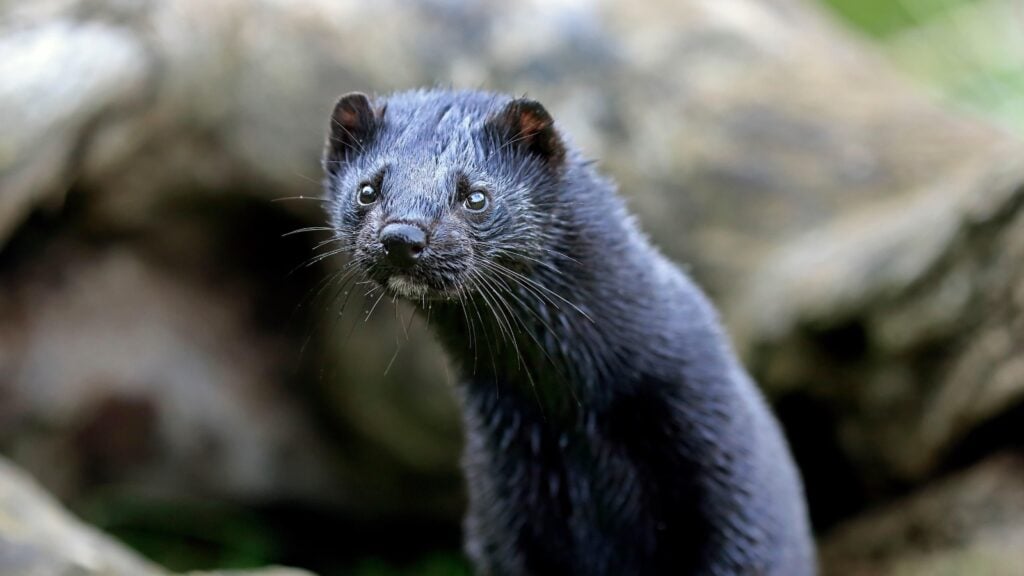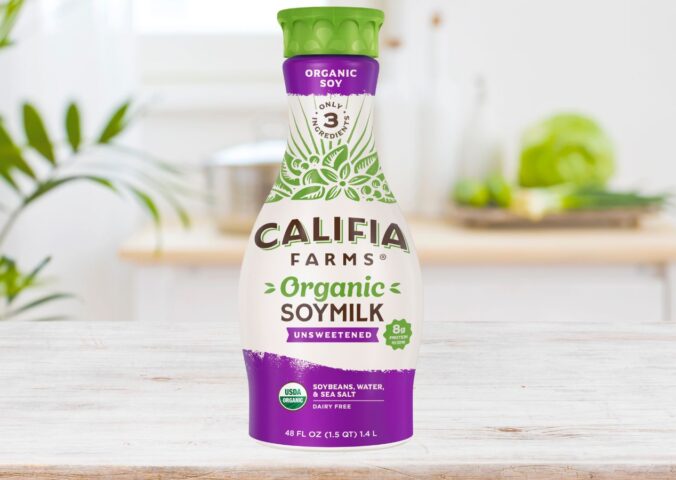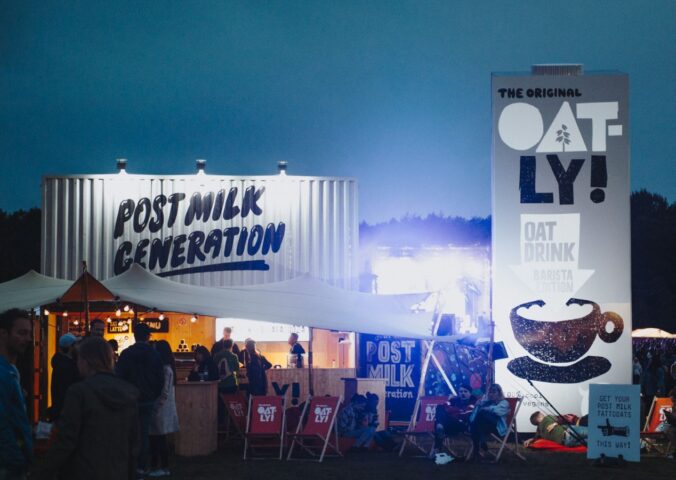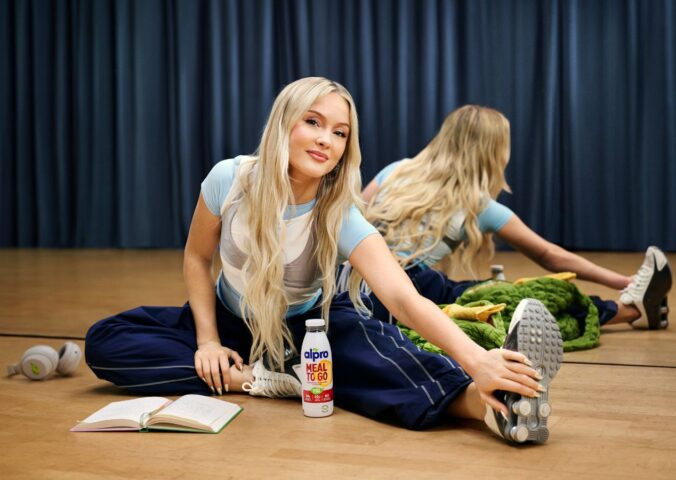Malta has announced a ban on both fur farming and the production of foie gras.
The Mediterranean country’s Ministry of Agriculture issued Legal Notice 187 2022 last week, which bans both fur and foie gras production with immediate effect. The sale of either is not prohibited.
Malta is not known for either industry and has no fur farms in operation, but the ban is a precautionary measure.
Veggy Malta, a plant-based advocacy group, has praised the new ban. A post on its Facebook page labels foie gras production “barbaric.” (The process involves force-feeding geese and ducks via tubes in their necks to fatten up their livers.)
It also hails the fur farming ban as a “great step forward.”
“Whilst the Legal Notice does not ban the sale of foie gras or fur locally from any unscrupulous buyer they are a positive step in the right direction,” it continued. It later stated: “These are the type of bold, progressive actions that need to be taken in favor of animals.”
Countries crack down on fur and foie gras
Malta’s new ban will prevent producers from other countries from moving their operations into Malta.
Fur farming laws have already been passed in several countries across Europe—including Estonia, Belgium, Norway, Slovakia, Austra, Italy, and France—either banning the practice now or in the future.
Back in April, Ireland’s president also signed a fur farming ban into law. The country is home to three mink farms, but these will now be forced to shut down for good.
Foie gras production is also banned in a number of countries, including Denmark, Germany, and the UK. But lately, activists have been pushing for more on this issue.
In the UK, for example, many were hoping that foie gras imports would be banned this year, but the relevant legislation was left out of the Queen’s Speech in May.






